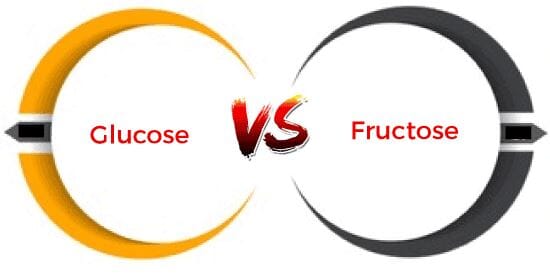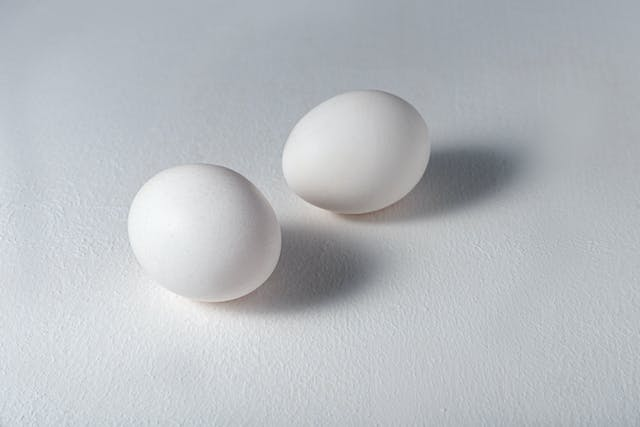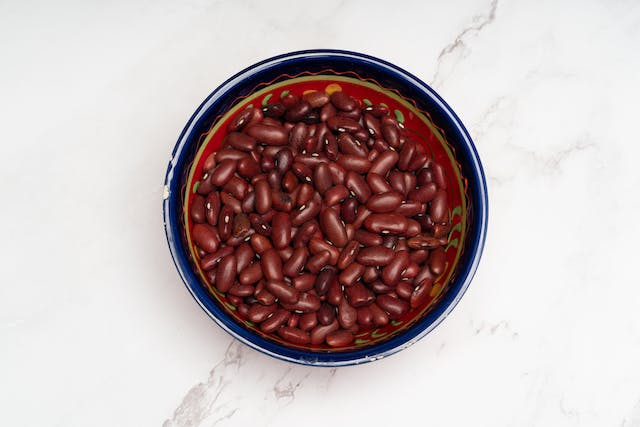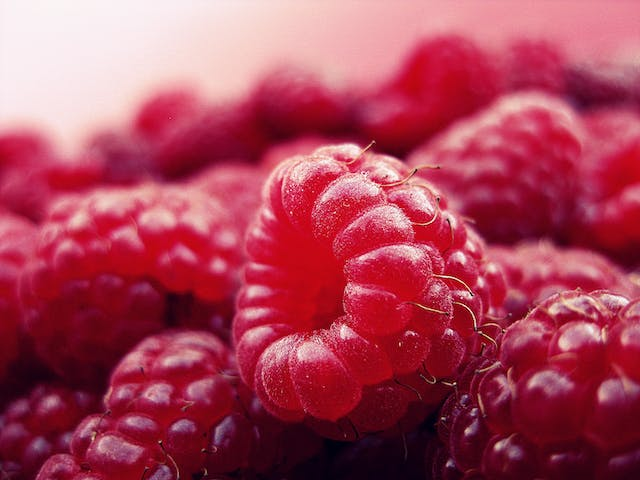
Managing Diabetes? Know the difference between Glucose and Fructose
Time to read 3 min
Time to read 3 min
When managing diabetes, it is important to know what foods are relatively fine to eat and which aren't. It's vital to know the difference between glucose and fructose, so that you're able to refine your diet further.
Additionally, it is important to know how insulin resistance works when it comes to diabetes and how fruit sugar, table sugar, high fructose corn syrup, sugar cane etc. impact your levels. You should get a continuous glucose monitoring patch that can track real-time data on your sugar levels after consuming certain meals.
Let's start with understanding what is the difference between glucose & fructose, and how you should manage your diabetes better.
There are three common types of sugars that are available in nature, namely sucrose, glucose and fructose. While cane sugar, grape sugar, and simple sugars (monosaccharide sugar) are perfectly fine for normal individuals, those with diabetes need to manage these foods better.
There is a serious risk of diabetes escalation, organ failure, nonalcoholic fatty liver disease, and other problems when you don't track your blood glucose levels regularly. You need to track your sugar consumption and focus on fructose also called fruit sugar.
In terms of fructose, the glycaemic index is very low at around 25, when compared to glucose at around 100. That's why fructose is probably a better source of energy and nutrition compared to glucose. Your blood sugar levels are less likely to spike when you consume fructose.
The molecular difference between the two is that Glucose has an aldehyde functional group and Fructose has a ketone functional group. The different interactions that Ketohexose and Aldohexose have with the body and subsequently your blood sugar levels makes it important for all diabetics to learn their differences.
It is also important to know the difference between fructose in processed foods and natural fructose found in fruits, vegetables, honey, etc. Your body converts fructose differently and is able to use the energy in a less efficient manner when you have fructose through processed foods.
You may consume the following foods when you are managing diabetes so that your blood sugar levels are stabilized. You should consult with your doctor prior to making changes in your diet, and ask them about whether these foods would be good to introduce.
Rich sources of vitamins K and C are ideal for anyone looking to improve their dietary intake. You can focus on leafy green vegetables, such as kale and spinach, which can improve circulation and help detoxify the body.
Eggs are an excellent source of protein and vitamin B12, which are both required for longevity and healthy functioning. You can add eggs in a variety of forms and improve your muscle and strength simultaneously as well.
Whole grains are an important source of carbohydrates, giving the body much needed energy over time. You can also introduce a range of whole grains which can be added in different forms to improve the overall health and wellbeing.
Fatty fish is one of the best sources of Omega-3s, DHA, and EPA for anti-inflammatory properties. You can add fatty fish into your diet in a variety of ways to help in getting the right micronutrients as well.
Beans such as rajmas, roungis, and chickpeas can be added to improve sugar level moderation and enhance energy levels. You can also improve your intake of B-vitamins and micronutrients by consuming beans in your diet.
Berries are a rich source of micronutrients and vitamin C, along with being a tasty snack that won't increase your blood sugar levels beyond range. You can consume berries, nuts, and seeds in combination to improve your overall diet.
It's vital to know how the fructose molecule and glucose molecule interacts with the body, so that you can avoid foods that can spike your blood sugar. You can prevent the risk of developing metabolic syndrome, chronic heart disease, and other condition when you have a better understanding of fructose.
Sucrose, also found in sugar cane or sugar beets, should also be understood prior to adding them into your diet. As a diabetic, excess fructose or sucrose, can induce issues with hyperglycaemia, low blood sugar issues, etc.
* Medical Disclaimer - The following information is for educational purposes only. No information provided on this website, including text, graphic, and images, are intended as substitutes for professional medical advice. Please consult with your doctor about specific medical advice pertaining to your condition(s).


